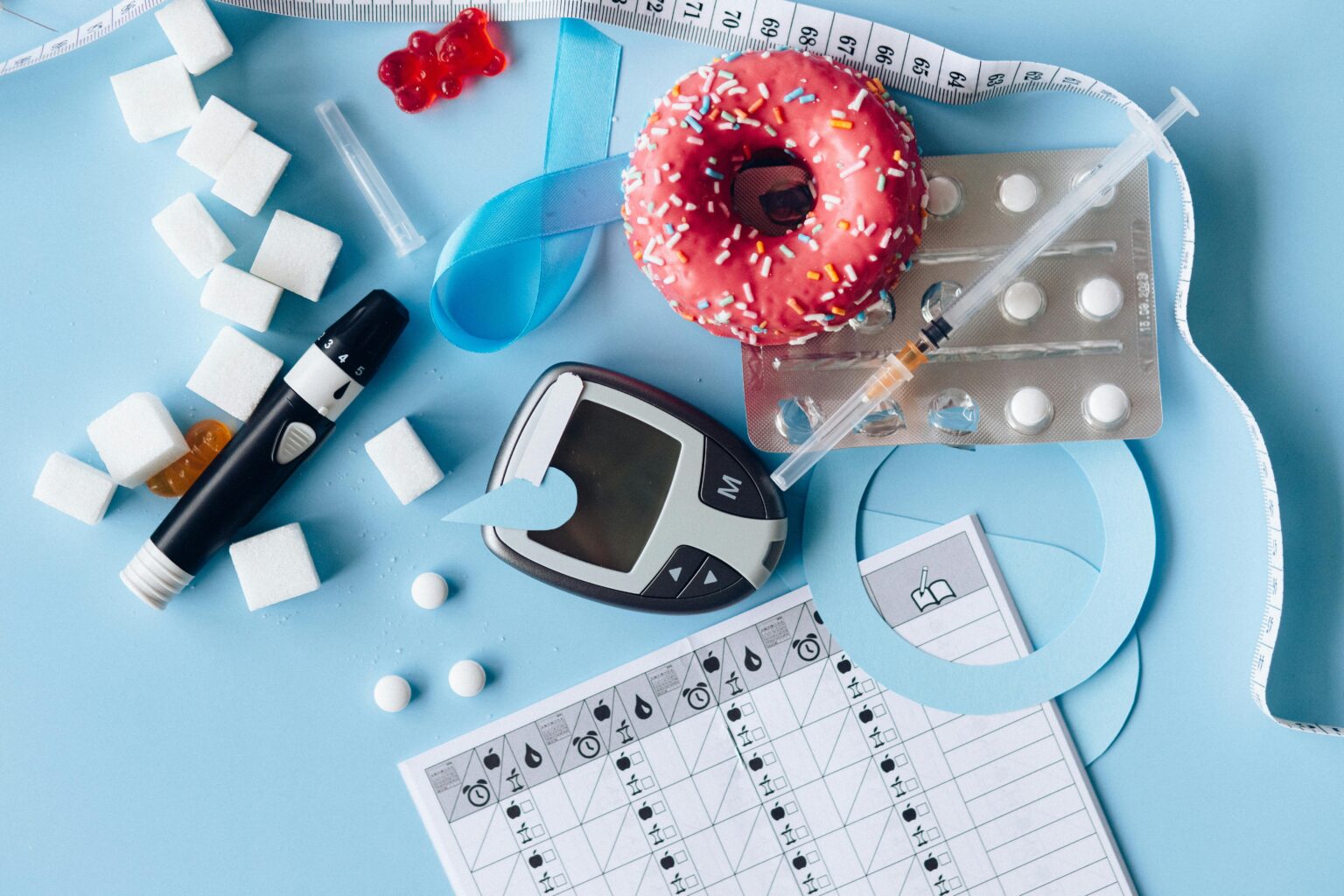Never Ignore Hypoglycemia
The 3 groups of individuals at risk
16 July 2024 | Chin

It is important to control blood glucose level, especially for diabetic patients. However, glucose is essential as it is every cell’s energy source. Hypoglycemia, also known as very low sugar level, happens when blood glucose drops below 3.9m/mol, and this is potentially dangerous. Constant monitoring of blood glucose level and getting medication advices from health practitioners are important to avoid hypoglycemia.
- About 75% of patients unaware of hypoglycemia (Gehlaut et al., 2015)
- Nocturnal hypoglycemia affects 33% of T2DM patient
- Compared to near normal glycemic control (<6%), those who were poorly controlled (>9%) appeared to be at the highest risk for severe hypoglycemia (Diabetes care, 2013)
Therefore, who are at risk?
Individuals with Uncontrolled Glucose Levels
People with poorly managed diabetes, characterized by frequent fluctuations in blood sugar levels, are at higher risk for hypoglycemia. Inconsistent glucose levels increase the chances of sudden drops.
Insulin Treatment Patients
Patients on insulin therapy are prone to hypoglycemia, especially if their insulin doses are not appropriately matched to their food intake, physical activity, or current blood sugar levels.
Meal Skipping
Some patients might avoid eating, thinking to lower down the blood glucose level. Skipping meals can lead to hypoglycemia as the body lacks the necessary carbohydrates to maintain stable blood sugar levels. This is especially risky for those on glucose-lowering medications or insulin.
So what are the dangers if hypoglycemia happens?
Cognitive Impairment
Hypoglycemia can cause confusion, poor concentration, and memory lapses. Severe episodes may lead to disorientation or unconsciousness, impairing the ability to perform daily tasks safely.
Physical Injuries
Low blood sugar levels can cause dizziness and weakness, increasing the risk of falls and accidents. This is particularly dangerous for older adults or those operating machinery.
Cardiovascular Events
Severe hypoglycemia can trigger heart palpitations and increase the risk of cardiac events, including arrhythmias and heart attacks, especially in individuals with preexisting heart conditions.
Seizures
Critically low blood sugar can lead to seizures, which are sudden, uncontrollable electrical disturbances in the brain. This condition requires immediate medical intervention.
Death on bed
Prolonged or untreated hypoglycemia can be life-threatening, especially when hypo occurs during sleep. If the brain is deprived of glucose for too long, it can lead to coma and potentially death, underscoring the need for prompt treatment.
How hypoglycemia can be avoided?
Education and Awareness
Educating diabetic patients about hypoglycemia is crucial. Patients should understand the symptoms, causes, and risks associated with low blood sugar. Awareness programs can teach patients how to recognize early signs, such as sweating, trembling, or dizziness, and how to respond effectively.
Advice from Health Practitioners
Regular consultations with healthcare providers are essential for managing diabetes effectively. Health practitioners can offer personalized advice based on the patient’s medical history, medication adjustments, lifestyle, and current treatment plan, helping patients maintain stable blood sugar levels and avoid hypoglycemic episodes.
Glucose Monitoring and Glycemic Goals
Frequent glucose monitoring helps patients track their blood sugar levels and identify patterns. Continuous glucose monitors (CGMs) can provide real-time data, alerting patients to impending hypoglycemia and enabling prompt corrective action.
Medication Adjustment
Adjusting diabetes medication, including insulin and oral hypoglycemics, is vital to prevent hypoglycemia. Healthcare providers can tailor dosages based on blood sugar readings and lifestyles. Regular reviews of medication regimens help ensure that patients receive the optimal dose to control blood sugar without causing it to drop too low.
Suitable Supplement Intakes
Incorporating appropriate supplements into diet helps with managing glucose control. Patients should carry these supplements and be trained on how to use them. Additionally, balanced meals with a mix of carbohydrates, proteins, and fats help maintain stable blood sugar levels, reducing the risk of hypoglycemia.
GTF chromium, the essential mineral for metabolism, maintains and balances healthy blood sugar levels by improving insulin signalling. Good Cell, Good Health, have a cup of GT&F Milk today.
Do check out our product ranges:

GT&F® Milk Powder
A patented, clinically studied product, GT&F Milk with a combination of Trivalent Chromium, Lactoferrin, Whey Protein Concentrate and best grade New Zealand Milk Powder for a better bioavailability.
GTF Worldwide Sdn Bhd
- No. 20-2, Plaza Danau 2, Jalan 5/109F, Taman Danau Desa, 58100 Taman Desa, Kuala Lumpur, Malaysia.
- (03) 7982 9881
- (012) 483 5523
- info@gtf.com.my
